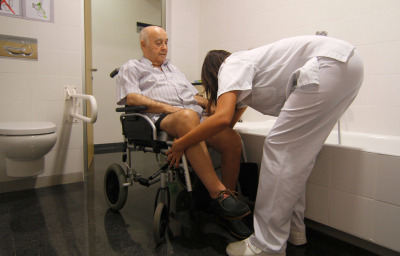
New research, aimed at reducing the debilitating impact of the condition dysphagia after stroke, is among the recipients of the Stroke Foundation 2022 Research Grants program.
Up to 50 percent of survivors of stroke will experience dysphagia or difficulty swallowing.
University of Sydney researcher Dr Emma Wallace received a $53,402 Seed grant to support her dysphagia tele-rehabilitation program.
Dr Wallace said dysphagia is a hidden disability which has a significant impact on well-being and long-term health for survivors of stroke.
“Dysphagia causes frequent choking, dehydration, malnutrition, and social isolation, but often goes untreated,” said Dr Wallace from the University’s Faculty of Medicine and Health.
“Access to swallowing rehabilitation is limited, especially for those living in rural and remote areas.”
Dr Wallace will examine consumer satisfaction and feasibility of a low-cost tele-rehabilitation program to improve swallowing for survivors of stroke. This information will inform how the swallowing tele-rehabilitation program can be adapted and tailored to accommodate more survivors on a larger scale, ultimately reducing healthcare costs and improving quality of life.
Stroke Foundation Research Advisory Committee Chair Professor Amanda Thrift congratulated Dr Wallace on the grant and said she looks forward to seeing the outcomes of her important work.
“Life can be very difficult with a hidden disability,” Prof Thrift said.
“Our mission is to enhance recovery for survivors of stroke now and into the future. Research like this will help pave the way.”
Three Seed Grants were offered in the Stroke Foundation’s 2022 Research Grant Program for early and early-mid career researchers to help address evidence and implementation gaps in stroke prevention, treatment and recovery.
Stroke Foundation has awarded almost $5.6 million to more than 200 researchers since 2008 as part of its research program.








